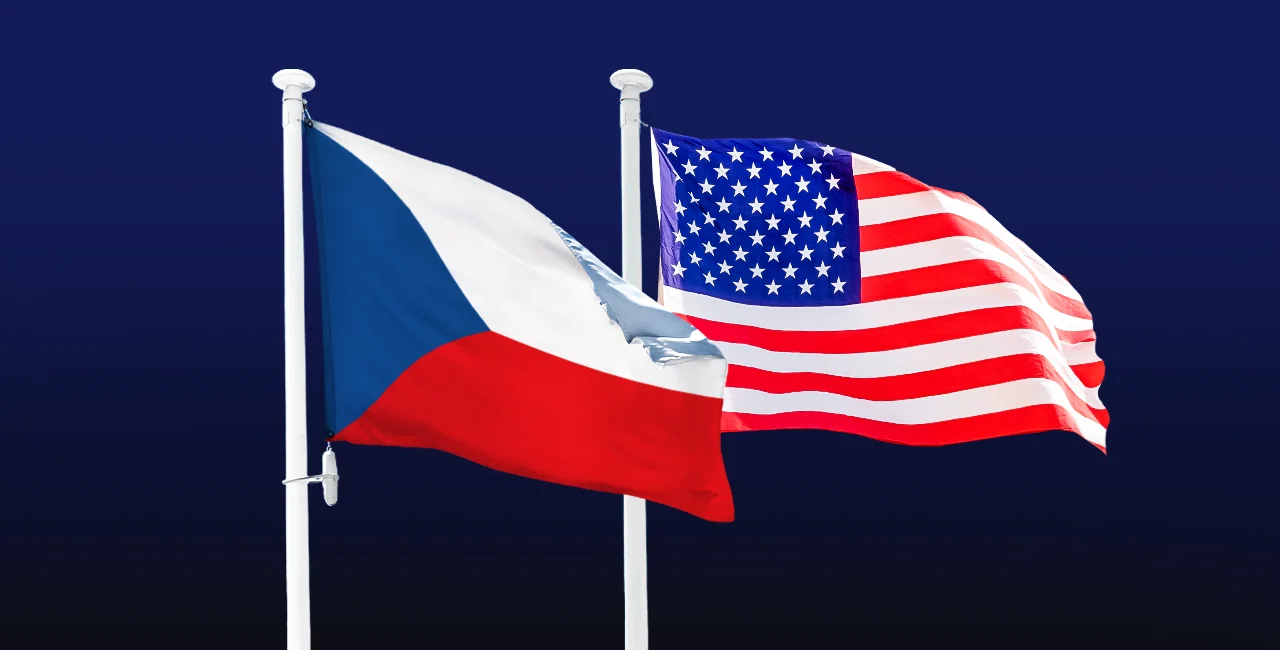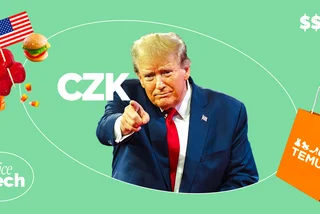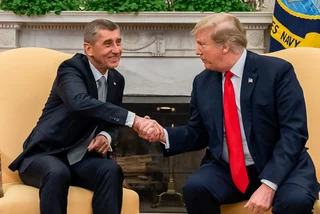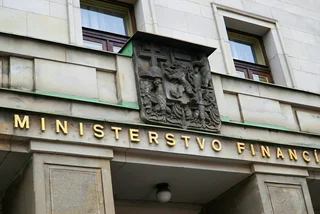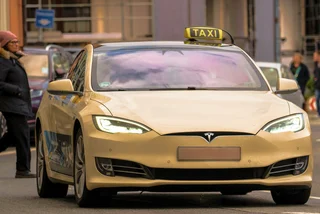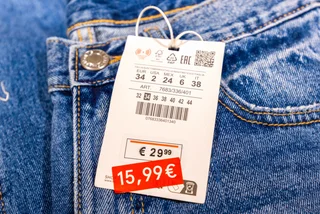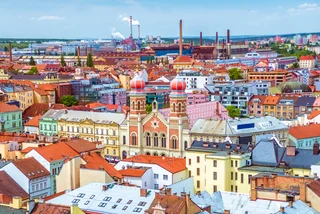Policy, economic, and current affairs experts gathered at the Czech Institute of Politics and Society (IPSS) on Monday to discuss what the next four years could mean for Czechia. While the future remains uncertain, the imposition of tariffs and Trump’s “America-first” stance could result in a challenging relationship between Czechia and the U.S.
The general consensus is that Trump’s second presidency will have negative implications for EU and Czech trade and the country's economy. A question mark hangs over European and global security, which will undoubtedly affect Czechia, although the future scenario overall might ultimately not be quite as bad as people think.
PARTNER ARTICLE
Trump's 10 percent tariffs on EU imports may not fully materialize
Speaking at Monday's conference, former U.S. Ambassador to Serbia and Pakistan Cameron Munter, Executive Director of the American Chamber of Commerce in Czechia Weston Stacey, and Member of European Parliament (MEP) Ondřej Kovařík all agreed that Trump’s policies will hurt Czech trade—to varying degrees.
“Republicans and Trump will be extremely empowered now, with the Republican Party capturing the House of Representatives and Senate,” said Munter. He added that Trump’s protectionist policies, including potential tariffs on the EU, could negatively impact Czechia, particularly due to its reliance on automotive exports. As Germany, a major EU economy, would suffer from these tariffs, Czechia could face a ripple-effect downturn.
The EU-U.S. economic relationship is significant, with the U.S. running a USD 47 billion trade deficit with the EU in the first quarter of this year—a gap Trump intends to close swiftly. However, Munter noted that as the largest investor in the U.S., the EU has leverage to prevent overly harsh tariffs.
MEP Kovařík added that the EU already imposes higher tariffs on the U.S., which may prompt Czechia and the EU to rethink their approach. “The EU must prepare a solid negotiation package and head to Washington,” he said.
Tariffs on Czechia are not a straightforward issue. Stacey pointed out that Trump’s proposed 10 percent tariff on EU imports may not fully materialize. “There will be many small, individual business deals between countries,” he said.
Munter said that major U.S. corporations with significant EU investments, like Elon Musk’s Tesla, may resist tariffs that could harm their interests. Given Tesla’s success in Europe and Czechia, Musk, potentially part of Trump’s cabinet, might push for a more lenient tariff policy.
A rocky geopolitical road ahead
Domestically, Trump’s win could influence political sentiment in Czechia, particularly ahead of the 2025 parliamentary election. The same dissatisfaction with the current U.S. leadership that fuelled Trump’s win is already resonating in Czechia, where rising living costs and dissatisfaction have put Andrej Babiš’s populist ANO party, ideologically aligned with Trump, ahead in the polls before the autumn election.
Stacey noted that Russia-friendly leaders in Eastern Europe, like Slovakia’s Robert Fico and Hungary’s Viktor Orbán, are riding this right-wing wave toward greater influence in the EU.
While this could improve Czech-U.S. relations, Trump’s “America-first” approach may ultimately cause more harm than good for Czechia. A foreign policy that rejects globalism in favor of patriotism raises concerns about reduced U.S. support for NATO, potentially weakening Czechia’s security. Trump's planned withdrawal from the Paris Accords also underlines his isolationist mindset, and the exit would like affect Czechia's already shaky progress on environmental policy.
Then again, Trump's pro-Israel stance could bolster Czechia's position, as the country is one of Israel’s strongest EU allies. His support for Israeli Prime Minister Benjamin Netanyahu may also result in increased backing for Czechia. Kovařík emphasized the importance of Czechia remaining engaged in EU-U.S.-Iran discussions to protect its security.
Czech voices for Ukraine could be silenced
All three experts agreed that Trump would likely reduce aid to Ukraine, starkly contrasting President Joe Biden’s support. Ukraine, Munter said, will not be a priority for Trump, a shift that could fracture Czechia’s relationship with other EU countries and affect its security.
Under Trump, Czechia’s relationship with the U.S. will likely be transactional. “For Trump, EU leaders are simply not as relevant as leaders of countries involved in war,” Kovařík said. Unlike Biden, who frequently communicates with Czech leaders like Foreign Minister Jan Lipavský and Prime Minister Petr Fiala, Trump’s “go-it-alone” strategy may reduce Czechia’s influence in the Russia-Ukraine conflict.
“Trump might end the war in 24 hours after he becomes president. He just needs to choose which 24 hours it will be,” Stacey joked, signaling that the war will ultimately drag on for a while even with Trump in power.












 Reading time: 3 minutes
Reading time: 3 minutes 